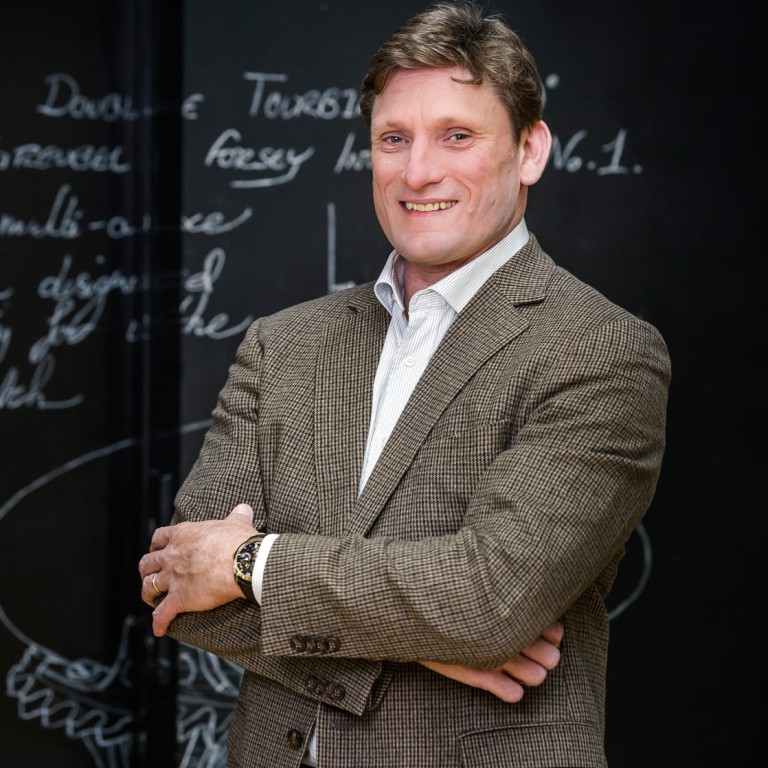Watch brand Greubel Forsey strikes a balance between heritage and innovation, reveals Stephen Forsey

Stephen Forsey's heartwas pounding moments before unveiling the Double Tourbillon 30° to international press and dealers at the Baselworld watch show in 2004. He and business partner Robert Greubel had invested every penny they had in the ground-breaking timepiece.
"It was double or bust for us," Forsey recalls. "When we first started, it was a nightmare. If we had known what we know today [that there would be so many challenges], we probably would never have started."
Fast-forward 11 years, and Forsey has obviously hit the jackpot. Greubel Forsey is now the crème de la crème of independent watchmakers, boasting 17 in-house calibres and prestigious awards at Grand Prix d'Horlogerie de Genève and Locle International Chronometry Competition.

Despite a relatively brief brand history, the maison's technical innovations and impeccable craftsmanship have turned Greubel Forsey watches into sought-after collectors' pieces. Today, a Greubel Forsey DLC-coating titanium GMT could easily set you back over US$565,000. The brand also owes its success to its ultra-exclusive production - only about 100 pieces are made each year.
Forsey's vision began when he was barely into his teens. Born in St Albans, England - a historic market town on the outskirts of London - Forsey was influenced by the passion for mechanics that his engineer father and grandfather shared. Growing up fascinated by mechanical engineering, Forsey enrolled at a horological school in London to learn about antique watch restoration.
"Turning my hobby into a career is a very lucky thing," Forsey says. He worked his way up after graduation and at a tender age, Forsey had already become head of luxury boutique Asprey's watch restoration department. At this point, Forsey was ready for his next challenge. In 1992, he moved to Switzerland - the heart of traditional watchmaking and also the epicentre of the quartz crisis.

"Electronic watches were so strong 30 years ago, but right now mechanical watches are very much alive," Forsey says.
It was this move to Switzerland, however, that helped him find his lifelong business partner. Forsey landed a job at Renaud & Papi, where he met Greubel. Now called Audemars Piguet Renaud & Papi, the manufacture is responsible for some of the most complicated movements in the watchmaking world.